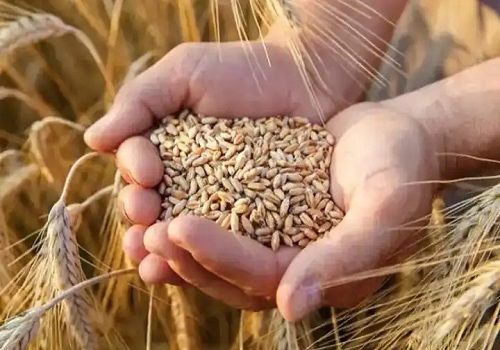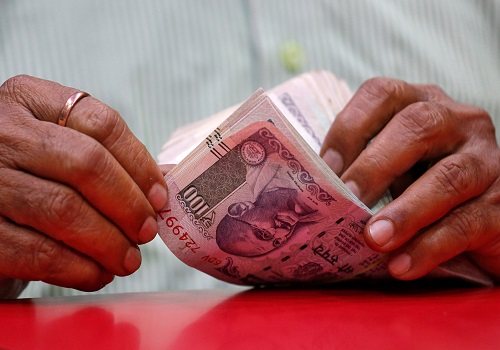Government banks on weather-resistant seeds to bolster agricultural output

Follow us Now on Telegram ! Get daily 10 - 12 important updates on Business, Finance and Investment. Join our Telegram Channel
While climate change has emerged as a tough challenge for the farm sector, the government is banking on the resilience in Indian agriculture and introduction of new weather-resistant seeds to increase food production in the country.
Kharif production was hit due to the erratic monsoon marked by flooding in some states and drought in others. The growth rate of the farm sector slowed to 1.2 per cent in the July-Sept quarter giving rise to concern.
The adverse impact spilled into the ongoing rabi season with initial estimates showing the total sown area declining by over 3 per cent with a below-normal monsoon leading to moisture deficiency in the soil and decreased water storage in reservoirs. The acreage under wheat and pulses has declined by 3 per cent and 8 per cent respectively, which raised concerns over a fall in overall food production going ahead.
Senior officials point out that last year too, the country faced erratic weather conditions and yet could achieve a record food grain production of 329.68 million tonnes in the 2022-23 crop year (July-June) as per the final estimates of the Agriculture Ministry.
While initial estimates showed that the area under wheat and pulses had declined this year, officials point out that this was due to the delay in paddy harvesting on account of the unseasonal rains in September.
According to Agriculture Commissioner P.K. Singh, the area under wheat cultivation has now gone up to 30.86 million hectares as of December 22. This is only marginally lower than 31.4 million hectares sown last year.
He also said that the wheat area under climate resilient seeds has been increased which would help face terminal heat. The government has also started issuing weekly advisories to farmers in order to help them deal with adverse weather conditions.
India is the world's second-largest producer of wheat and rice, which the government buys directly from farmers to ensure them a minimum support price (MSP). This also enables the government to maintain a buffer stock for implementing its welfare schemes of free foodgrain to the poor and release stocks in the market to control inflation when prices go up.
The MSP of pulses and oilseeds have also been raised to enhance production and reduce dependence on imports. The government is also continuing to support the farming community through different schemes like PM-KISAN, Pradhan Mantri Fasal Bima Yojana (PMFBY), and Kisan












 320-x-100_uti_gold.jpg" alt="Advertisement">
320-x-100_uti_gold.jpg" alt="Advertisement">












